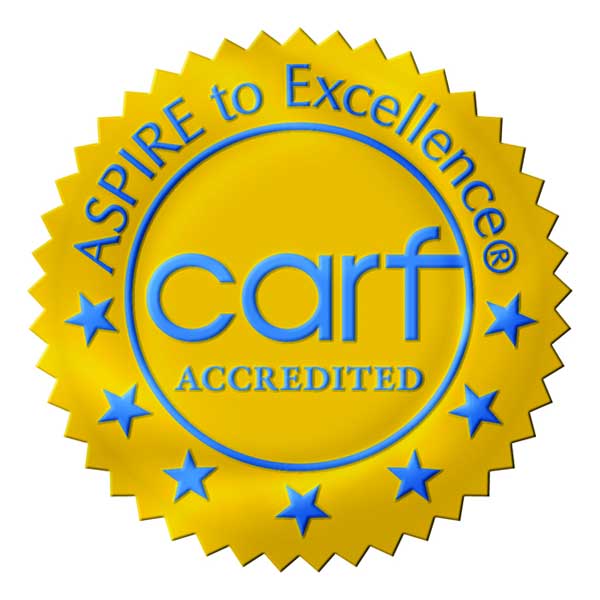GET HELP NOW
513.792.1272
Healthy Parental Leadership

According to some experts, today’s generation of parents are making some big mistakes in raising children. Tim Elmore suggests that parents today are making three “huge” mistakes which are ultimately making it difficult for children to leave home. Regaining parental leadership is a process, but embarking on the journey can help your family work together more effectively.
Your child does not have to love you every minute. He’ll get over the disappointment of failure, but he won’t get over the effects of being spoiled.
-Tim Elmore
3 Mistakes
We Risk Too Little
The world is no more dangerous than it was 30 years ago. Although we are safer, we don’t allow our children to engage in any behavior that might be slightly dangerous. By insulating our children from risk, we don’t train them to be adults who are able to take appropriate risks in life. Going to college, starting a new job, and moving to a new city are all risks which are part of normal adulthood. Furthermore, not experiencing enough risks as a child can lead to anxiety or phobias as an adult.
We Rescue Too Quickly
We don’t allow our children to struggle to do tasks. Children learn to tie shoes later in life, they do not play outside without supervision, we don’t require them to fill out their own forms for college, and parents are calling college professors to demand grade changes. Elmore states, “This may sound harsh, but rescuing and over-indulging our children is one of the most insidious forms of child abuse. It’s ‘parenting for the short-term’ and it sorely misses the point of leadership.”
It is hard to watch your child struggle. However, kids learn more from a success when it is hard won. Children are also less likely to repeat mistakes when they experience consequences. Did your child forget his lunch at home? Which is a better teacher: buying lunch or having one delivered?
We Rave Too Easily
Parents often tell children how wonderful they are, even when they don’t do something outstanding. We need to be honest with our children, and focus on their effort. When parents constantly praise, we deprive children of the ability to continue trying in the face of adversity. By praising everything, children don’t learn to differentiate between outcomes, and to tie outcomes with their effort.
Steps Towards Healthy Parental Leadership
- Help children take calculated risks. Prepare your child for the way the world really works. There are generally no big rewards without some risk taking.
- Discuss how people must learn to make choices. Introduce a “pros” and “cons” approach and walk your child through the exercise. Children do not always understand that adults are constantly making choices and trying to balance competing interests. Kids must be prepared to win or lose and face consequences. As a result, involve your child in decisions like going to a soccer game or a birthday party. Sometimes, no matter the choice, someone will be disappointed. Dealing with negative feelings is a part of daily adult life.
- Share your own risky experiences. Interpret your experiences to make them relatable to your child. Refrain from sharing truly risky experiences you would prefer your child avoid. It is important to be your child’s best influence. Teach them about what it was like to go to a job interview or to move out of your parents’ house.
- Instead of tangible rewards, focus on spending time together and fun experiences. Be careful you don’t teach children that emotions can be healed by getting something new (or eating something). Help them learn to reward themselves with intangible experiences. Hugs, high fives, trips to the zoo/amusement park, and choosing a dinner menu/restaurant can be fun ways to recognize a child.
- Choose a positive risk-taking option and launch kids into it (i.e. sports, jobs, etc.). Some children need a push from parents to encourage them to step outside their comfort zone. Allow your children to choose the new risk, but be there to help and support them.
- Don’t let your guilt get in the way of leading well. Your job is not to make yourself feel good by giving kids everything they want. Make sure you set appropriate limits and boundaries. You do not need to be your child’s friend. In reality, friendship may get in the way of good parenting.
- Don’t reward basics that life requires. When children receive a reward for basic skills, they don’t experience intrinsic motivation. Adults do not receive money for completing these tasks. Given that, they need to help around the house, clean their rooms, and learn life skills.
- Affirm smart risk-taking and working hard. Help children see the positive sides of both of those strategies. Success often follows purposeful risk-taking combined with great effort.
How to Grow
When parents realize that their family is not on the right path, it can be a difficult moment. There are ways to move forward and help your family grow. Parental leadership is not “one size fits all.” Unlike some skills, parents can continue to gain skills throughout their lives.
Listen to podcasts about effective parenting. Read books, blogs, and articles to help you determine new strategies. Meet with friends or neighbors to discuss parenting methods.
Above all, continue to learn new parenting skills as challenges arise.
RELATED POSTS
ASAP is Cincinnati's premiere outpatient treatment center for teenagers and their families struggling with substance abuse and mental health problems.
SUBSCRIBE
Enter your email address to receive news and information from ASAP.











